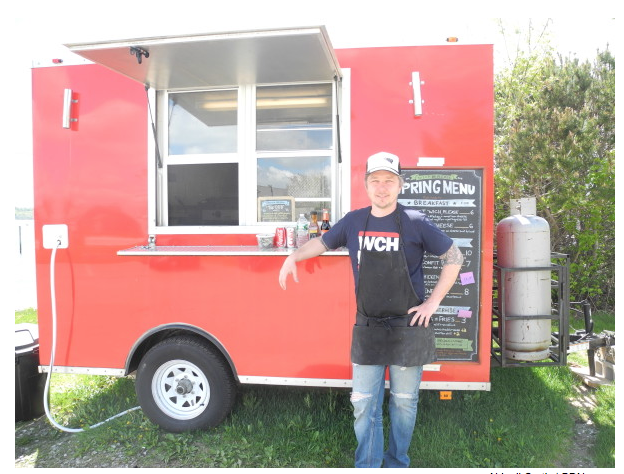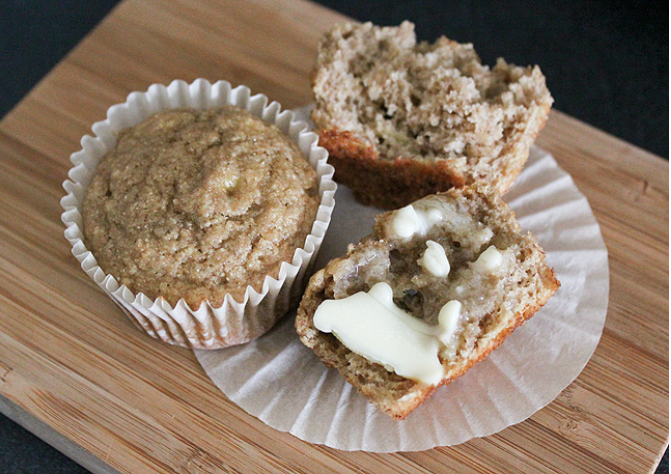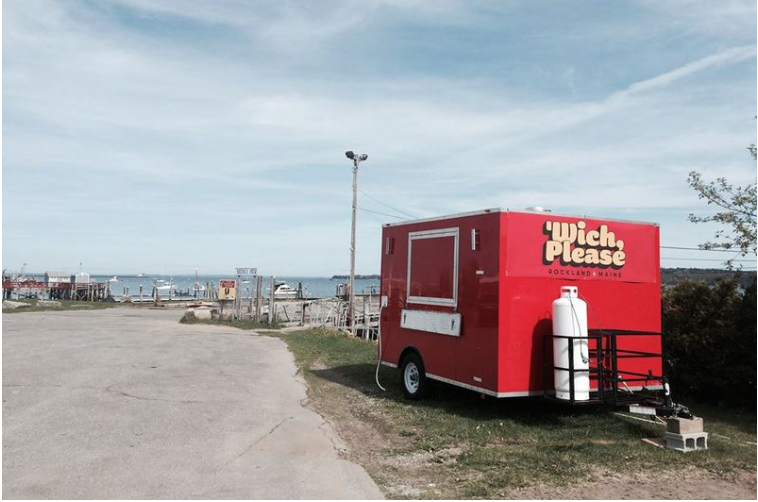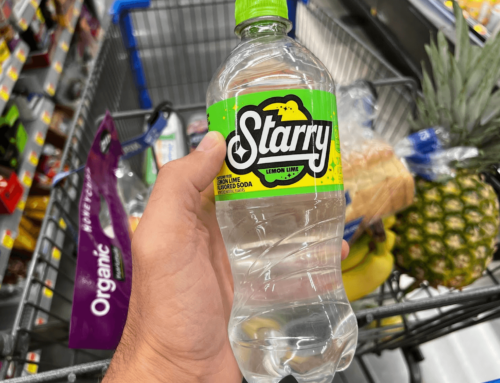 Local food values, artisanal everything, and authentic cuisines are the food truck mega trends of 2016. Disagree with our predictions? Share your thoughts in the comments section below.
Local food values, artisanal everything, and authentic cuisines are the food truck mega trends of 2016. Disagree with our predictions? Share your thoughts in the comments section below.
Things Are Going Local
Local means everything in food in 2016. The new twist to mobile food menu favorites is locally sourced ingredients. Food truckers are turning to suppliers with a provenance, partnering with growers and producers, and even stepping into farming or artisanal preserving themselves. The benefit? Strong flavors, wholesome ingredients, more connections between eaters, food truckers, and producers. Where was that fish caught? Who grew those salad greens? Who made that amazing strawberry jam, or pickles, or bread? As the world becomes more connected and people care more and more about their food and the environment, locally produced ingredients are making a huge impact on food trucks in 2016.
If local is king, location isn’t far behind. Food trucks have been on the streets, in neighborhood pods and private events for years. Coming on strong in 2016 are food trucks paired with beverage makers for a full meal in one stop. Wineries, breweries and distilleries are forming partnerships with food truckers to pair food with beverages. Food truckers are becoming more creative as a result of tight vending regulation, overcrowding of food trucks, and new ideas to serve eaters. Taste a flight of hard ciders at Sociable Cider Werks in Minneapolis and enjoy some great food from The Curious Goat food truck. Wineries and breweries hosting tastings, wine club and keg pick ups frequently partner with food trucks for more options for all involved.
Food truck menus are highlighting hyper local tastes, not just ingredients. Some of these local flavors stay in town, others spread across the U.S., like Nashville Hot Chicken, which is emerging on food truck menus from coast to coast. Howlin’ Ray’s in L.A. is probably the furthest from its Tennessee roots. KFC has added it to their menu, where it’s clearly gone corporate, but still embodies the local flair of Nashville’s special dish.
Local flavors are cultural food for those in the know. There’s usually a local story, dredged in late nights, music scenes and quirky tastes. The Seattle-style hot dog is a local flavor harking back to the grunge music scene in the 90’s. It’s a hot dog with cream cheese on it. Check out the history behind that here: http://www.seattleweekly.com/2012-08-29/food/the-seattle-dog-an-oral-history/
Local and specialized menus often carry over for eaters with special needs, such as gluten free and vegan menus. Waiting in line at I Love My GFF cart in Seattle, it was obvious that most were there for a great lunch, not specifically gluten free food. When parked in a food truck pod or at a large food truck event, food trucks with specialized menus, such as vegan, offer broader choices for customers, definitely a choice in the still growing street food movements in most locations.
Things are Getting Artisanal

Artisan breads, ice cream, and new cuts of meat are making their marks on food truck scenes. Hand-crafted, environmentally aware items are artisanal, a cross between art and craft. Small batch is another phrase tossed around, and if you’ve been in a food truck or its commissary kitchen, you understand small batch. Enough to feed the lunch crowd on a corner or several thousand visitors to a large event, small batches are made by people, not machines, in kitchens, not factories. Artisanal and local are the crossroads of 2016 foods. While “house made” used to be the phrase for food made in house at a restaurant, perhaps we’ll be hearing “truck made” this year as food truckers churn ice creams, simmer secret sauce, and work with butchers to create interesting flavors unique to their concept.
Authenticity Rules All
 Today’s authentic foods put ethnic cuisines into the mouths of anyone who can find food trucks. Immigrants bring delicious, interesting food heritage and share it with new neighbors via start up food trucks. As a less expensive way to get into the food business, food trucks offer flexibility to native cooks who may be priced out of brick and mortar restaurants. If you can eat it somewhere in the world, chances are you can eat it from a food truck int he U.S. and Canada. Authenticity isn’t always about food brought to a new location; sometimes it’s created here. Fusion is a great example of a food mash up made in heaven. Roy Choi is the most famous food trucker in America, and his food is fusion at its best, bringing Korean and Mexican foods together in his Kogi BBQ trucks, featuring Korean barbecue tacos on the streets of Los Angeles.
Today’s authentic foods put ethnic cuisines into the mouths of anyone who can find food trucks. Immigrants bring delicious, interesting food heritage and share it with new neighbors via start up food trucks. As a less expensive way to get into the food business, food trucks offer flexibility to native cooks who may be priced out of brick and mortar restaurants. If you can eat it somewhere in the world, chances are you can eat it from a food truck int he U.S. and Canada. Authenticity isn’t always about food brought to a new location; sometimes it’s created here. Fusion is a great example of a food mash up made in heaven. Roy Choi is the most famous food trucker in America, and his food is fusion at its best, bringing Korean and Mexican foods together in his Kogi BBQ trucks, featuring Korean barbecue tacos on the streets of Los Angeles.
Local, artisanal and authenticity are on point for mobile food vendors and happy eaters everywhere in 2016.




